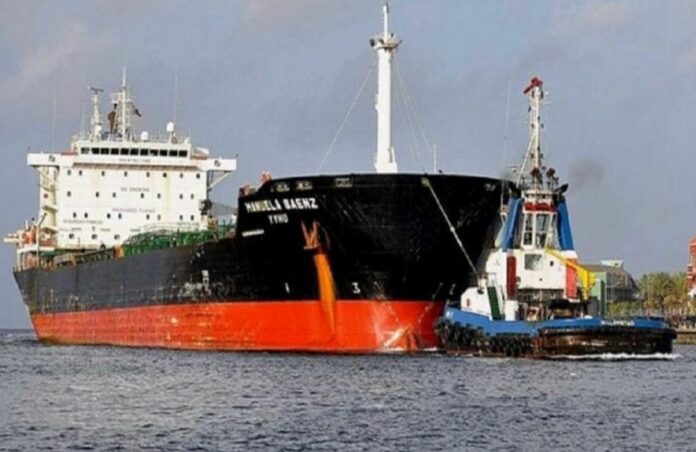Mercedes de Freitas, the director of Transparencia Venezuela, reported that at least 178 corruption cases linked to the regime of Nicolás Maduro are being investigated across 30 countries. She made this statement during her appearance on the program La Conversa of the Alianza Rebelde Investiga (ARI), hosted by César Batiz.
De Freitas warned that the state-owned Petróleos de Venezuela S.A. (Pdvsa) has developed clandestine mechanisms to evade the oil sanctions imposed by the United States. She explained that the regime uses remodeled vessels with serious technical flaws, which navigate without location systems and dock at unofficial ports, many of which are linked to drug trafficking and money laundering. Some ships collect crude oil directly in Venezuelan waters, while others operate in international waters, all to bypass international controls and maintain oil exports in parallel markets.
According to De Freitas, the expiration of Chevron’s license worsened the situation, forcing the regime to seek new allies willing to risk sanctions. However, she cautioned that the major challenge for the Venezuelan state is not just selling the crude oil, but also collecting payments for it. Due to sanctions, the oil is sold below market price, which significantly reduces the revenue that should benefit the Venezuelan people. This is compounded by findings from an ARI and Connectas investigation, which revealed a loss of 3.7 billion dollars in the purchase and repair of vessels used for irregular crude transport.
De Freitas also denounced the infiltration of the regime into the sports world, noting that at least four of the eight teams in the Venezuelan Professional Baseball League (LVBP) are linked to the regime: Navegantes del Magallanes, Tiburones de La Guaira, Tigres de Aragua, and Caribes de Anzoátegui. She also recalled that in 2021, the Major Professional Baseball League was created, with an even greater presence of individuals close to the regime. In her view, sports have become another tool for money laundering, where there is no oversight or effective reporting mechanisms.
De Freitas warned that this lack of transparency also extends to professional football. She mentioned that the president of the Venezuelan Football Federation (FVF), Jorge Giménez, is involved in the Koldo case in Spain, where he is closely linked to Vice President Delcy Rodríguez. “This case shows how the tentacles of Venezuelan power extend beyond its borders,” she pointed out.
She added that at least three clubs in Venezuelan football are run by individuals close to the regime. Deportivo Táchira is presided over by Jorge Alfredo Silva Cardona, a man tied to brothers Diosdado and José David Cabello; Estudiantes de Mérida is linked to Raúl Carreño, nephew of Pedro Carreño; and the team from the Central University of Venezuela (UCV) is owned by Yhuryseck Escalante Ferreira, wife of Colonel Alexandro Granko Arteaga, a figure indicated for his participation in human rights violations.
De Freitas harshly criticized Silva Cardona for not speaking out after the imprisonment of Deportivo Táchira fans before a match against the UCV team. “It’s inconcevable that he hasn’t said anything, it shows that power and money are above everything,” she concluded.
